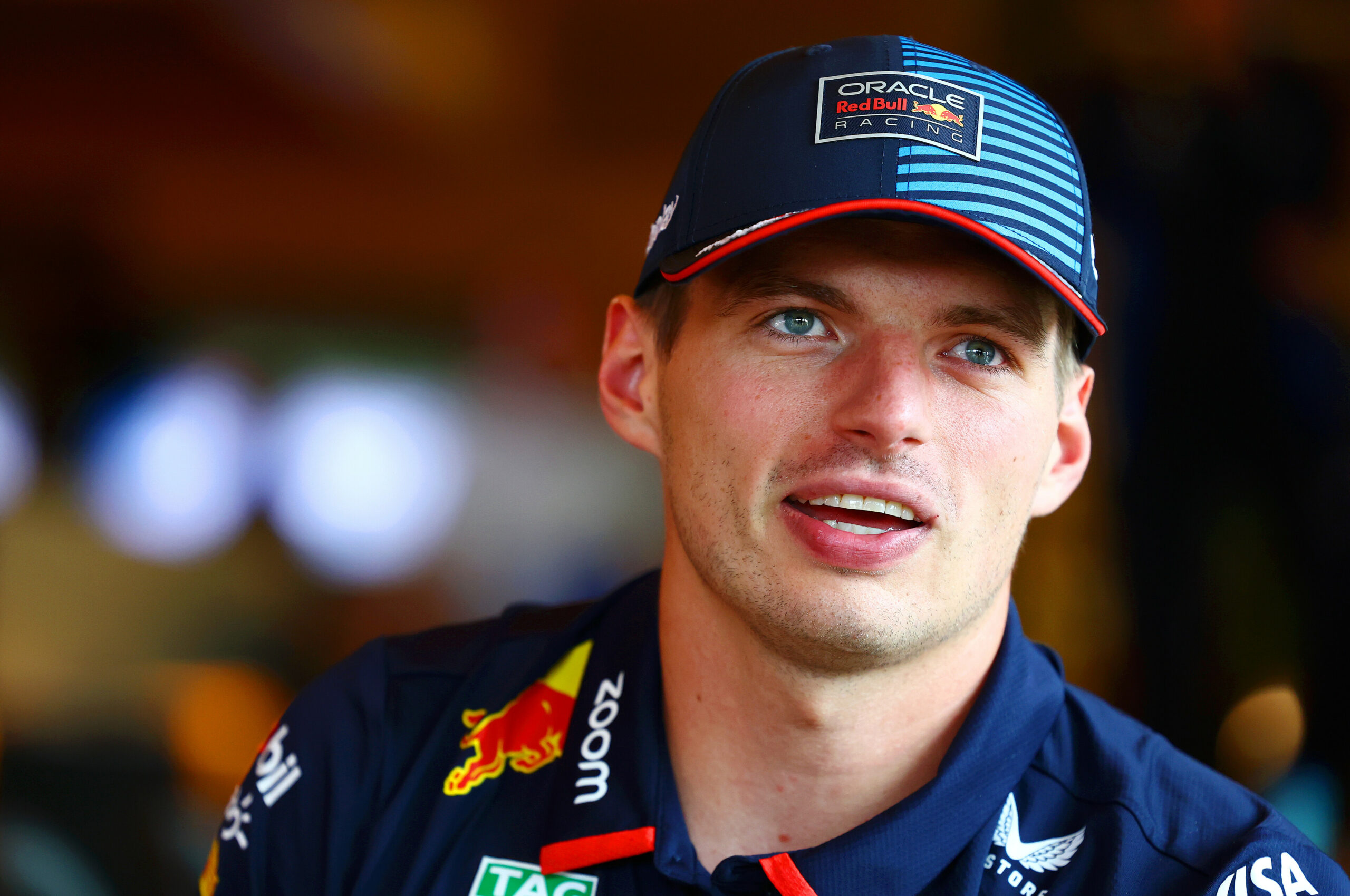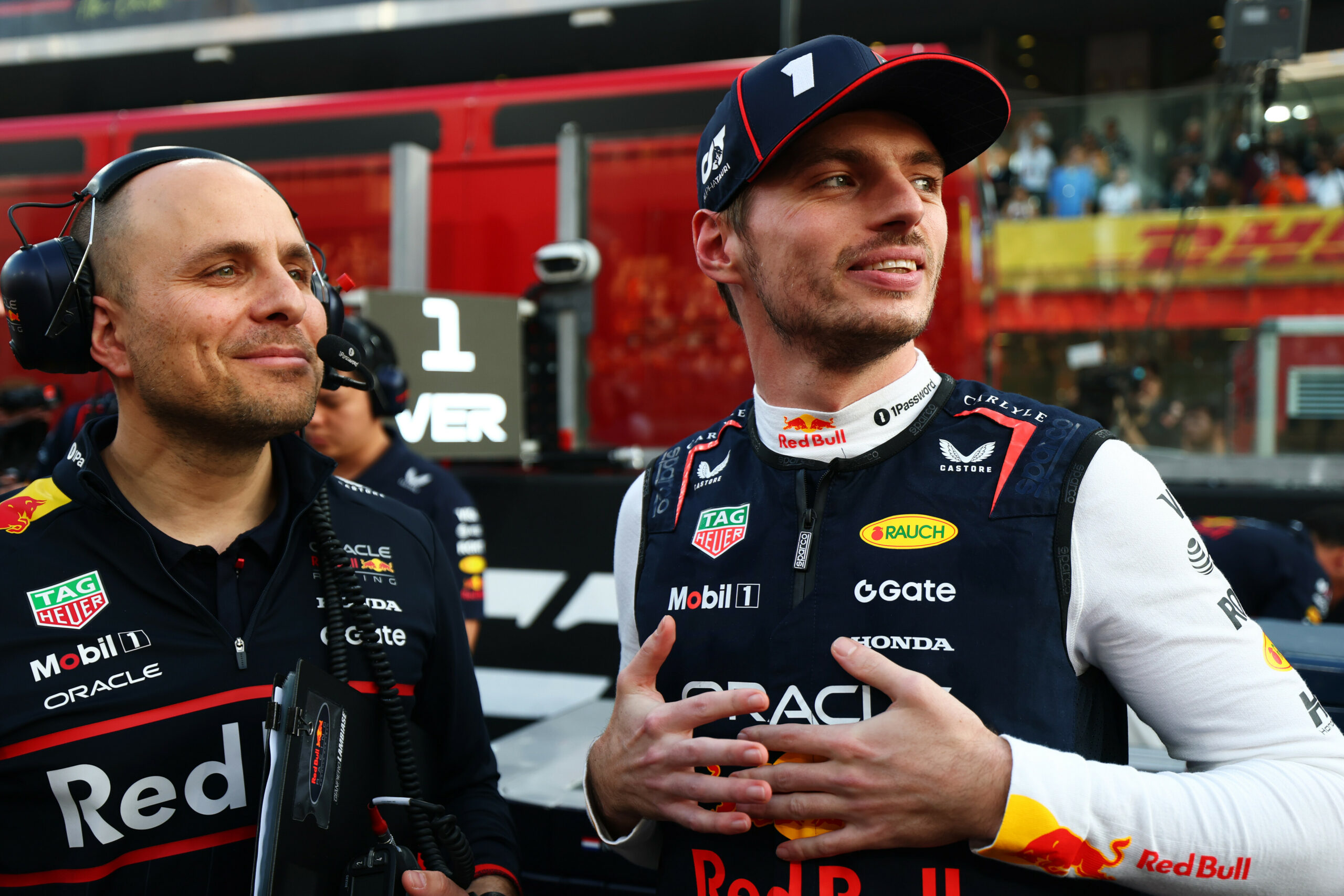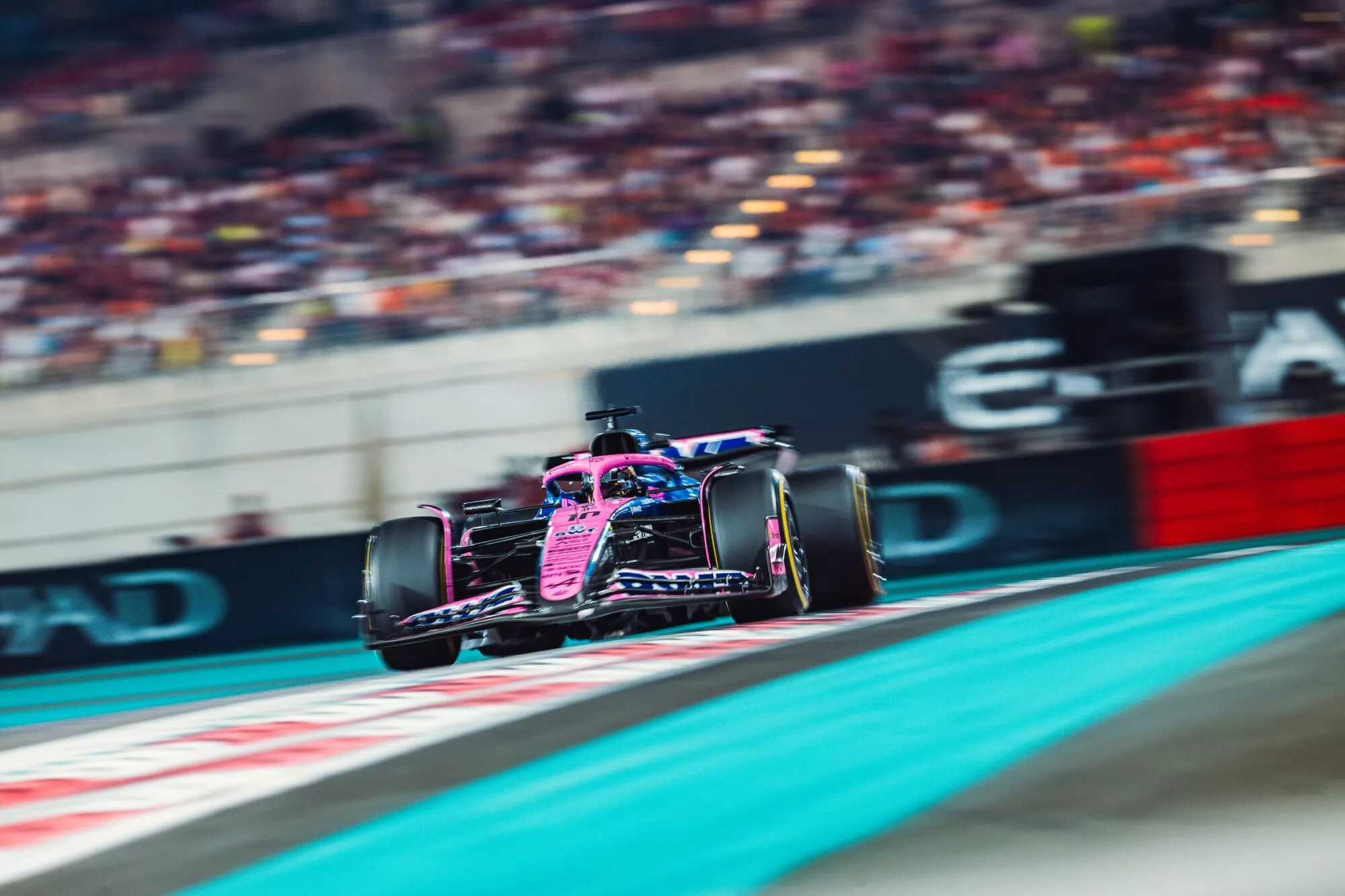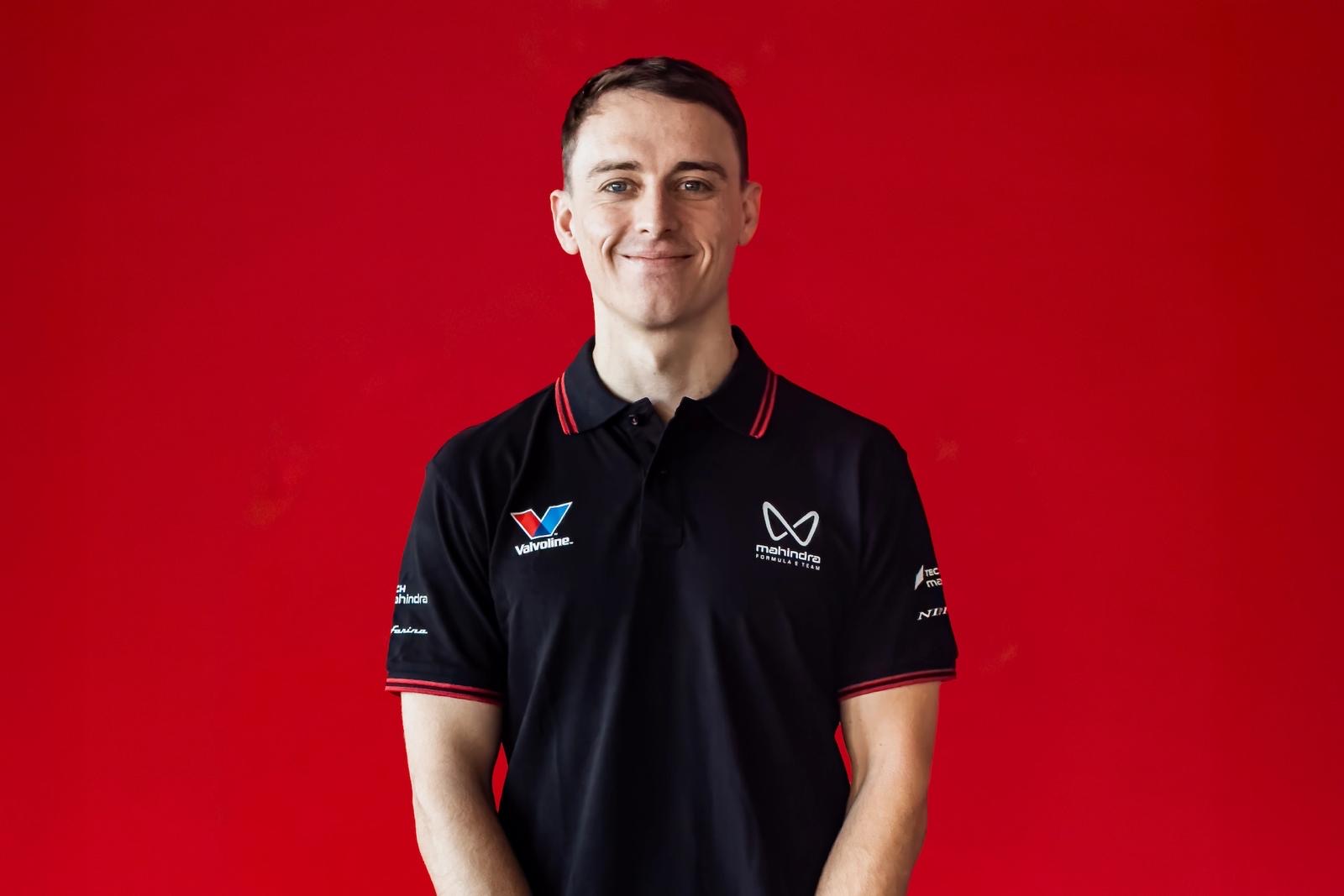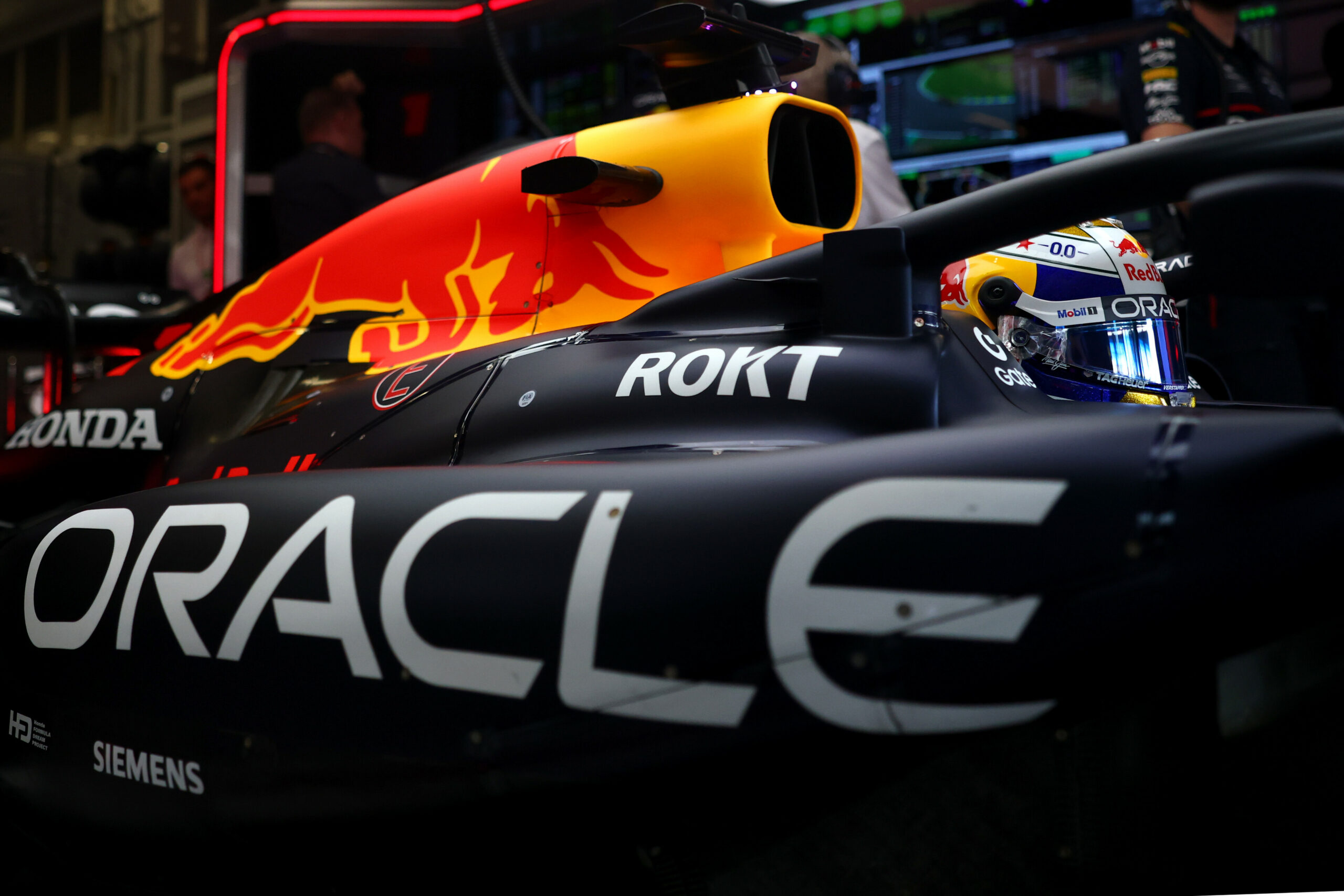Oracle Red Bull Racing’s Max Verstappen will be hoping to return to winning ways at the 2024 Italian Grand Prix. Despite taking an early lead after a strong start off the line, the three-time World Champion was unable to keep pace with Lando Norris and was eventually forced to surrender his place to Norris on lap 18. Despite a strong performance, which saw him keep ahead of the likes of Ferrari’s Charles Leclerc and Mercedes’ George Russell, Verstappen was unable to catch up to Norris and ultimately finished his home race in second, almost 23 seconds behind Norris.
Red Bull’s Team Principal, Christian Horner, later stated that the performance deficit of Verstappen’s RB20 compared to Norris’ MCL38, was likely as a result of several factors, including a “gamble” with the set-up that, ultimately, had not paid off. Despite their disappointing performance, Horner acknowledged that the team had come away with valuable information which they use to continue to develop and improve the RB20.
Speaking ahead of the Italian Grand Prix in Monza, Verstappen was asked if Red Bull were any closer to identifying where things had gone wrong for the Milton Keynes-based team. The Red Bull driver replied that his performance had been affected by the strong gusts of wind experienced throughout the weekend, as well as the heavy rain which had affected practice time. He said that, as a result of these conditions, it had been difficult to get a proper read on the car’s performance.
“Well, I mean, the problem is that in Zandvoort, you know, with the wind and the rain, it was very difficult to get a bit of a read.”
Verstappen acknowledged that there were significant differences between Circuit Zandvoort and the Autodromo Nazionale Monza and stated that the team would be “trying a lot of stuff” to improve the performance of the car. He also highlighted the necessity for the team to “make the right calls” after their less-than-stellar weekend at the Dutch Grand Prix.
“But again, different weekend now. Of course, besides the stuff that I want to try in the car, the track is quite different. So, I also need to keep track of that, you know, to make the right calls. But yeah, we’re trying a lot of stuff, you know, to try and improve the balance of the car.”
While Verstappen hesitated to call Red Bull’s performance at Zandvoort a “wake-up call,” he admitted that the weekend had not been the best for the team for multiple reasons, including issues with the balance, which he speculated had been worsened by the wind.
“I wouldn’t want to call it a wake-up call. It’s just not the best weekend for us for different reasons. We couldn’t just get the car to work how we wanted it. Probably the wind made it very difficult for our car with the balance issues that we have.”
Verstappen added, “And yeah, it’s just not the strongest weekend.”
The twenty-seven-year-old Dutchman was also asked whether the feedback provided after Zandvoort was encouraging going into the Italian Grand Prix. This question came in response to comments by Red Bull Team Principal Christian Horner. While speaking following the Dutch Grand Prix, Horner indicated that there had been a lot of feedback after Zandvoort, and that this had allowed the team to learn a lot about their on-track performance. While Verstappen agreed with Horner’s statements, he added that there was still the need for the team to find “more performance and better balance” due to the RB20’s persisting balance issues, and due to his teammate, Sergio “Checo” Pérez, also struggling with pace despite the differences in the specifications used on each car.
“Yeah, yeah. I mean, we had a bit of an idea, of course, of the cars. But, I mean, it’s not like Checo’s car was suddenly very fast, right. So, we need to find more performance and better balance because we were still complaining about the same balance issues.”
When asked if the team was more confident about their performance at Monza, given their strong performance at Circuit Spa-Francorchamps before the summer break, Verstappen stated that “time will tell” as it was difficult to predict their performance due to the recent changes to the tarmac and to the overall layout of the circuit.
“Let’s see. I mean, again, you can’t really go off previous years because the tarmac is different. Some corners are a bit different also with the kerbs and just a bit different also with the kerbs and just the layout of the corners.
“So, I guess time will tell.
“So yeah, to see with the downforce levels and stuff that you need now. So, all the references, I would say, are a bit gone around here.”
Verstappen stated that overall, he would need to wait for his first drive around the altered circuit before he could have a proper opinion on the changes, as while he believed that the resurfacing of the track and the evening-out of some kerbs would have been beneficial, some corners had been so drastically changed that he did not yet know what to expect from them.
“I think the biggest issue that we had here was just [that] the grip was very low. So, I think just the resurface would have been already very good. Maybe even out a few kerbs because they were quite wavy, I would say.
“Let’s see how it feels because, I mean, yeah, Ascari, for example, looks completely different to what it was. I don’t know if it’s better or worse.
“Let’s first drive and then see.”
Verstappen also addressed the question of whether the upcoming departure of Chief Technology Officer, Adrian Newey, from the Milton Keynes-based team had had any impact on the performance of the RB20. Newey, whose decision to leave Red Bull Racing was announced ahead of the 2024 Miami Grand Prix, recently stepped away from his Formula One duties to focus on the development of the upcoming Red Bull hypercar, the RB17, and will fully leave the team by mid-2025.
When asked whether Newey’s step back from the Red Bull Formula One programme was making a difference in the team’s performance, Verstappen replied, “Normally not.”
While he acknowledged that the team had struggled more since the announcement, he stated that that should not be too much of a matter as the car remained the same.
“It’s just, yeah, since it was announced that he was leaving, it’s been more difficult. But, I mean, it shouldn’t matter if someone is, say, leaving on the spot that immediately the performance drops because the car has always been the same.
“So, yeah, normally not.”
When questioned about concerns previously expressed about correlation issues and other such matters, Verstappen expressed that he expected those issues to remain, but reiterated that the team needed to fix the balance of the car.
“Yeah, for sure. Some things might not have correlated how we wanted it, but, in general, also, I think we need to fix the general balance of the car, the behaviour. So yeah, this is something that, yeah, [crept] in and now we have to try to get rid of it.”
He added that he believed that the balance issues were more associated with the RB20 itself, rather than the set-up, and it was as a result of this that the team was sometimes limited with set-up.
“I think it’s mainly the car and that’s why you’re limited with setup, you know, to try and prevent it.”
When asked if he believed that a return to a previous specification, such as that which had been used in China, would improve the performance of the RB20, Verstappen stated that he did not think that there would be much benefit. He explained that even if this change would improve the balance of the RB20, other teams had so significantly improved over the season that Red Bull would still, comparatively, struggle in terms of their pace.
“I don’t think it would be faster. It’s just that other teams, of course, they have been upgrading the car really well. So, for us, if you, let’s say, downgrade the car for better balance, it’s not necessarily faster over a lap.”
He added that while the team had a good understanding of the balance problems, it was up to them to improve the RB20 to increase its drivability and competitiveness. He stated that he believed that the team was improving their understanding of their car and admitted that, based on findings from wind tunnel performance and computational fluid dynamics (CFD), the aerodynamics of the RB20 did not appear to be a problem.
“I mean, we know the balance problems, yeah. But now it’s up to us to try and make the car just better to drive and more competitive.
“I think we are understanding where we need to find stuff. And, you know, what we see in the wind tunnel, what we see from CFD, that is not the problem.”

